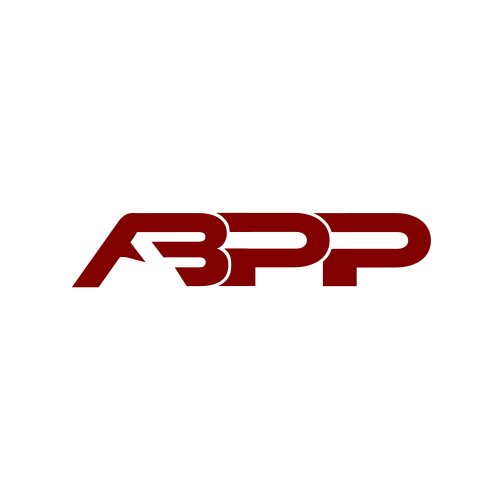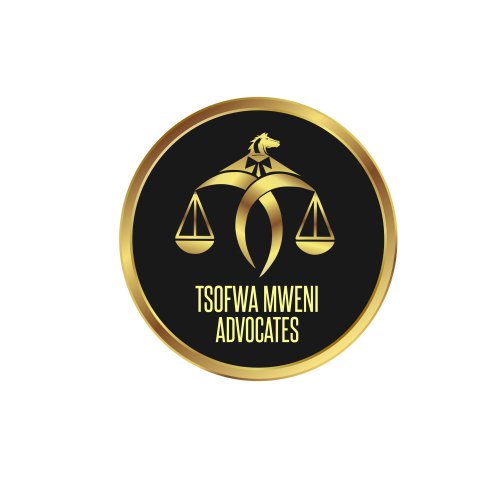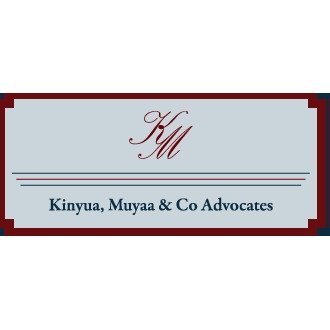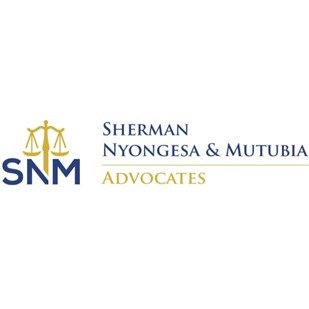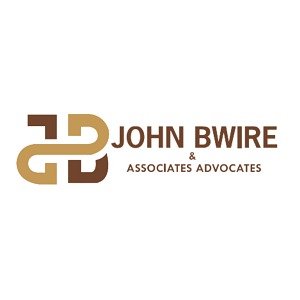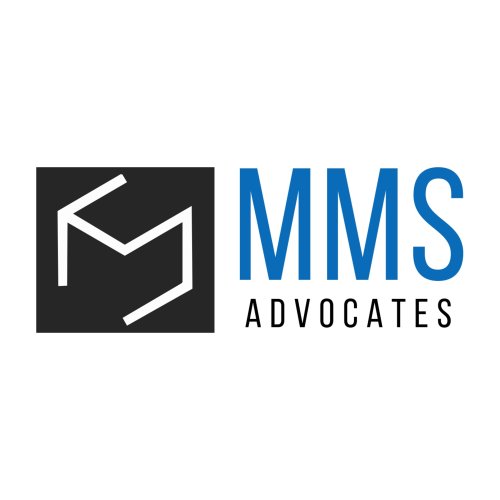Best Sanctions & Export Controls Lawyers in Mombasa
Share your needs with us, get contacted by law firms.
Free. Takes 2 min.
List of the best lawyers in Mombasa, Kenya
Legal guides written by Adroit Law LLP:
- Kenya Launches Digital Nomad Visa: A Gateway for Remote Workers
- Navigating the Payment System License Maze in Kenya
- Navigating the Complexities of Mining Licenses and Permits in Kenya: A Look into Artisanal and Large-Scale Operations
About Sanctions & Export Controls Law in Mombasa, Kenya
Sanctions and export controls refer to the body of laws and regulations that govern the trade and transfer of certain goods, services, and technology across Kenyan borders. In Mombasa, a major seaport and trade hub, these laws are particularly important due to the city’s role in importing and exporting goods within Kenya and the broader East African region. Sanctions typically involve restrictions imposed by Kenyan authorities or international bodies against certain countries or entities, while export controls regulate the transfer of sensitive items, such as dual-use goods, strategic commodities, or technology that can be used for military or civilian purposes. The goal is to protect national security, support foreign policy objectives, and prevent illegal trade activities.
Why You May Need a Lawyer
Engaging in import or export activities in Mombasa exposes individuals and businesses to complex legal requirements related to sanctions and export controls. Here are situations where legal assistance may be necessary:
- You are setting up a business involved in international trade and need guidance on compliance.
- Your goods were detained or seized at the port on suspicion of violating export control or sanctions laws.
- You received a notice from a government agency alleging a breach of sanctions regulations.
- You are unsure if your business partners or destinations are subject to Kenyan or international sanctions.
- Your company deals with items like chemicals, electronics, or machinery that may have dual-use purposes.
- You are faced with a contractual dispute over delayed shipments due to sanctions or export controls.
- You want to apply for, renew, or challenge the denial of an export permit or license.
- You require guidance on best practices for compliance training for your staff.
Local Laws Overview
Sanctions and export controls in Mombasa are governed by a mix of Kenyan statutes, regional agreements, and adherence to certain international obligations. The key aspects include:
- Laws and Regulations: The main legal frameworks include the East African Community Customs Management Act, Kenya’s Export Control Act, the Proceeds of Crime and Anti-Money Laundering Act, and the various trade and customs regulations administered by the Kenya Revenue Authority.
- Port Authority and Customs: The Kenya Ports Authority and the Kenya Revenue Authority play pivotal roles in monitoring inbound and outbound shipments for compliance with regulations.
- Sanctions Lists: Kenya may implement United Nations Security Council sanctions and has its own list of prohibited or restricted persons, entities, and destinations.
- Licensing: Certain items, especially those related to defense, technology, pharmaceuticals, and agricultural products, may require export permits or licenses.
- Punitive Measures: Breaching sanctions or export controls can result in penalties such as fines, confiscation, business closure, or even criminal charges.
Frequently Asked Questions
What are sanctions in the context of Mombasa’s international trade?
Sanctions are restrictions imposed by the government or international bodies that limit or prohibit trade with certain countries, individuals, or organizations for security, policy, or legal reasons.
Who enforces export controls and sanctions in Mombasa, Kenya?
Enforcement is primarily carried out by the Kenya Revenue Authority, the Kenya Ports Authority, and other specialized regulatory agencies depending on the nature of the goods being exported or imported.
How can I find out if a country or entity is under Kenyan sanctions?
Usually, the government periodically publishes a list of sanctioned countries, entities, and individuals in official gazettes or through relevant agencies. Lawyers and trade professionals can also provide updated lists.
Do I need a license to export goods from Mombasa?
Exports of certain goods, such as arms, dual-use items, chemicals, and some agricultural products, require a government-issued license. General goods may not need specific licenses unless subject to restriction.
What happens if I unknowingly export goods to a sanctioned country?
Even unintentional violations can attract investigation, possible fines, seizure of goods, and loss of export privileges. Legal counsel is advised to address and mitigate the consequences.
Am I responsible for compliance if I use a shipping agent?
Yes, the principal exporter retains legal responsibility for compliance with sanctions and export control laws, even if a third party handles logistics.
Can a goods shipment be delayed or seized due to sanctions checks?
Yes, customs and port authorities routinely inspect cargo and may hold or seize shipments suspected of violating sanctions or export control rules.
How can my business ensure compliance with sanctions and export controls?
Implementing compliance programs, conducting due diligence on partners, training staff, and consulting with legal experts help minimize legal risks.
What penalties can be imposed for breaching these laws?
Penalties range from administrative fines and confiscation of goods to possible criminal prosecution, depending on the severity of the violation.
Where can I get more information or help with sanctions and export controls?
Consulting an experienced lawyer and contacting Kenyan regulatory authorities are recommended first steps for up-to-date information and guidance.
Additional Resources
When needing more information or official guidance on sanctions and export controls, consider reaching out to the following Kenyan authorities and organizations:
- Kenya Revenue Authority - Customs and Border Control Department
- Kenya Ports Authority
- Ministry of Foreign Affairs - Department of Multilateral Affairs
- Kenya Bureau of Standards
- Chamber of Commerce and Industry in Mombasa
- East African Community Secretariat
Next Steps
If you require legal guidance related to sanctions and export controls in Mombasa, take the following actions:
- Gather all documentation related to your trade transactions, including contracts, invoices, and shipping documents.
- Contact a lawyer who specializes in international trade and export control law in Kenya.
- Prepare a summary of your issue or concern to share with your legal advisor for efficient consultation.
- Engage with relevant government agencies early to clarify any requirements for permits or compliance procedures.
- Implement internal compliance checks within your business processes to prevent future issues.
Prompt action, proper documentation, and expert legal counsel can help protect your interests and ensure compliance with all sanctions and export control regulations in Mombasa, Kenya.
Lawzana helps you find the best lawyers and law firms in Mombasa through a curated and pre-screened list of qualified legal professionals. Our platform offers rankings and detailed profiles of attorneys and law firms, allowing you to compare based on practice areas, including Sanctions & Export Controls, experience, and client feedback.
Each profile includes a description of the firm's areas of practice, client reviews, team members and partners, year of establishment, spoken languages, office locations, contact information, social media presence, and any published articles or resources. Most firms on our platform speak English and are experienced in both local and international legal matters.
Get a quote from top-rated law firms in Mombasa, Kenya — quickly, securely, and without unnecessary hassle.
Disclaimer:
The information provided on this page is for general informational purposes only and does not constitute legal advice. While we strive to ensure the accuracy and relevance of the content, legal information may change over time, and interpretations of the law can vary. You should always consult with a qualified legal professional for advice specific to your situation.
We disclaim all liability for actions taken or not taken based on the content of this page. If you believe any information is incorrect or outdated, please contact us, and we will review and update it where appropriate.





